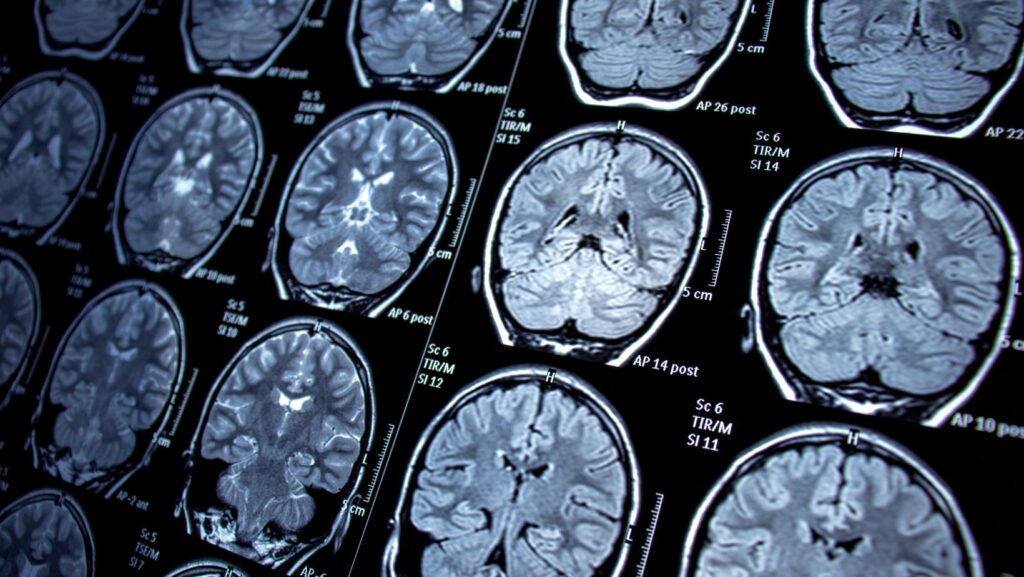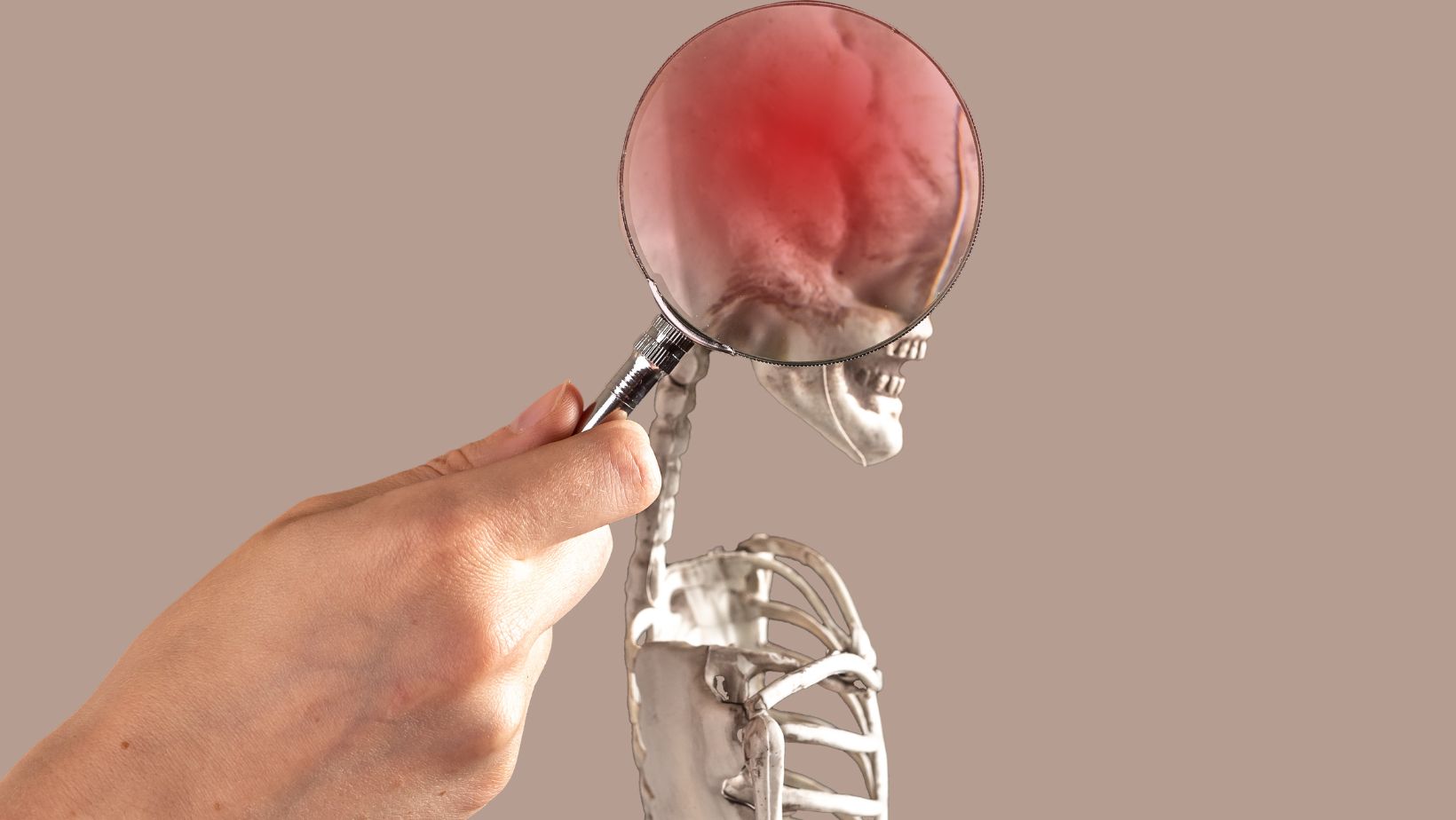
The nervous system, an intricate network of nerves and cells known as neurons, plays a crucial role in controlling everything from our heartbeat and breathing to our movement, speech, and thought processes. When this system is compromised by injury or disease, the consequences can be life-altering. Understanding these conditions is the first step toward effective management and treatment.
This article aims to shed light on the most prevalent neurological disorders, focusing particularly on the top three conditions that affect a significant portion of the population. By delving into stroke, Alzheimer’s disease, and epilepsy, we will explore their causes, symptoms, and the latest advancements in treatment options.
The Most Common Neurological Conditions
Neurological disorders encompass a vast range of conditions that impact the nerves, spinal cord, and brain throughout the body. Among these, three stand out due to their prevalence and significant impact on public health: stroke, Alzheimer’s disease, and epilepsy.
Stroke
Stroke is one of the key causes of disability and mortality worldwide and represents a critical area of focus within neurological conditions.

It happens when the blood supply to regions of the brain is interrupted or significantly lowered, depriving brain tissue of oxygen and nutrients. This may cause the death of brain cells within minutes.
| Aspect | Details |
| Types |
|
| Common Symptoms |
|
| Risk Factors |
|
| Treatment Options |
|
Alzheimer’s Disease
Alzheimer’s disease presents a growing challenge as populations age worldwide. This progressive neurological disorder gradually impairs memory and cognitive functions, leading to significant changes in behavior and the ability to perform daily activities.
| Aspect | Details |
| Characteristics |
|
| Common Symptoms |
|
| Risk Factors |
|
| Treatment Options |
|
Epilepsy
Epilepsy is a chronic neurological disease notorious for its recurrent, unprovoked seizures. These seizures are the product of sudden, excessive electrical discharges in brain cells. Epilepsy can affect anyone, regardless of age, gender, or ethnic background.

Thus, understanding the nuances of this condition is important for effective management and elevating the patient’s quality of life.
| Aspect | Details |
| Types of Seizures |
|
| Common Triggers |
|
| Treatment Options |
|
| Lifestyle Management |
|
Innovative Treatments and Therapies
The treatment and management landscape for neurological disorders is rapidly evolving, thanks to relentless research and technological advancements.
Among the most promising developments are targeted therapies that address the underlying causes of conditions like Alzheimer’s disease and the refinement of neurostimulation techniques for epilepsy and Parkinson’s disease. For instance, deep brain stimulation (DBS) has shown remarkable efficacy in reducing tremors in Parkinson’s patients, significantly improving their quality of life.
Another groundbreaking area of development is the use of medical cannabis treatment for managing symptoms of various neurological conditions, including epilepsy, multiple sclerosis, and chronic pain. For example, a study published in the New England Journal of Medicine demonstrated the efficacy of cannabidiol, a component of cannabis, in significantly reducing convulsive seizures among children with Dravet syndrome, a severe form of epilepsy.
The Bottom Line
From the rapid response required to treat stroke to the long-term management of Alzheimer’s disease and epilepsy, the advancements in medical science and technology are providing new avenues for care and treatment. As research progresses, the promise of more effective therapies and perhaps even cures for these complex conditions becomes more tangible. By staying informed about these developments, patients and their families can navigate the challenges of neurological disorders with greater resilience and optimism.












